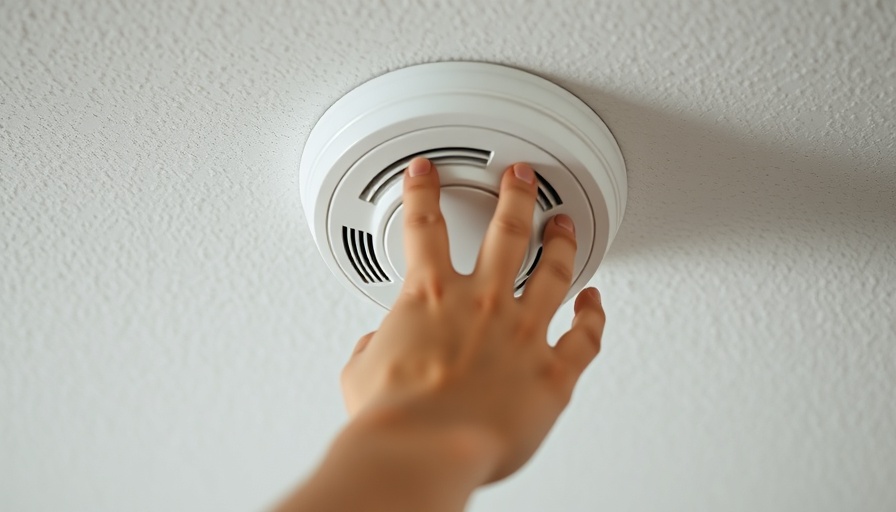
When Your Smoke Alarm Goes Off for No Reason
There's nothing quite like the startling sound of a smoke alarm piercing through your daily life, especially when it goes off without an indication of danger. Such false alarms can result from a variety of factors that many homeowners may not consider. Understanding the reasons behind these alarming noises is key to ensuring your safety while maintaining peace and quiet in your home.
The Mechanics Behind Smoke Alarms
Understanding how smoke alarms operate can shed light on why they sometimes misinterpret harmless situations as life-threatening emergencies. Most smoke detectors use either ionization or photoelectric technology. Ionization smoke alarms are more efficient at detecting flaming fires, while photoelectric alarms excel in sensing smoldering fires.
Smoke detection works by triggering an alarm when smoke particles disrupt an internal signal or light beam. Therefore, if smoke-like particles enter the device’s detection chambers—even from cooking or steam—it can set off the alarm prematurely. Experts recommend a combination of both types of smoke detectors for enhanced detection capabilities, accommodating the unique characteristics of different fire types.
Common Causes of False Alarms
While a malfunctioning smoke detector can indicate a serious risk, many triggerings are due to benign factors. Here are several common culprits:
- Humidity: Excess moisture, especially near bathrooms, can mimic smoke particles, causing alarms to activate. Shower steam is a frequent offender.
- Improper Placement: Alarms located within ten feet of cooking appliances may sound off even from benign smoke created while cooking.
- Insects and Dust: Small insects can disrupt the internal mechanisms of the alarm, while dust accumulation may lead to sensitivity issues.
- Low Battery: A chirping alarm usually signals low battery power, warning you to replace it before the unit becomes ineffective.
What You Can Do
If your smoke alarm beeps unprovoked, addressing the situation can help restore both safety and sanity in your home. Start by relocating alarms away from common sources of interference like kitchens and bathrooms. Regular maintenance, including cleaning dust and replacing batteries, ensures optimal performance. For persistent issues, consider consulting with a technician.
Conclusion: Ensuring Safety at Home
In addressing false alarms, you improve your smoke detector's reliability and safeguard your wellbeing and property. Though sometimes frustrating, it’s critical to remain vigilant about your smoke alarm's function. With proper knowledge and proactive measures, you can reduce these invasive interruptions and honor the essential safety role these devices play.
 Add Row
Add Row  Add
Add 




Write A Comment